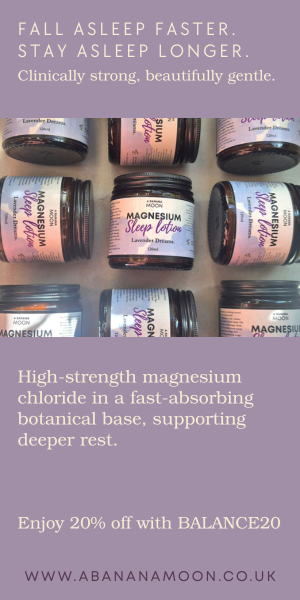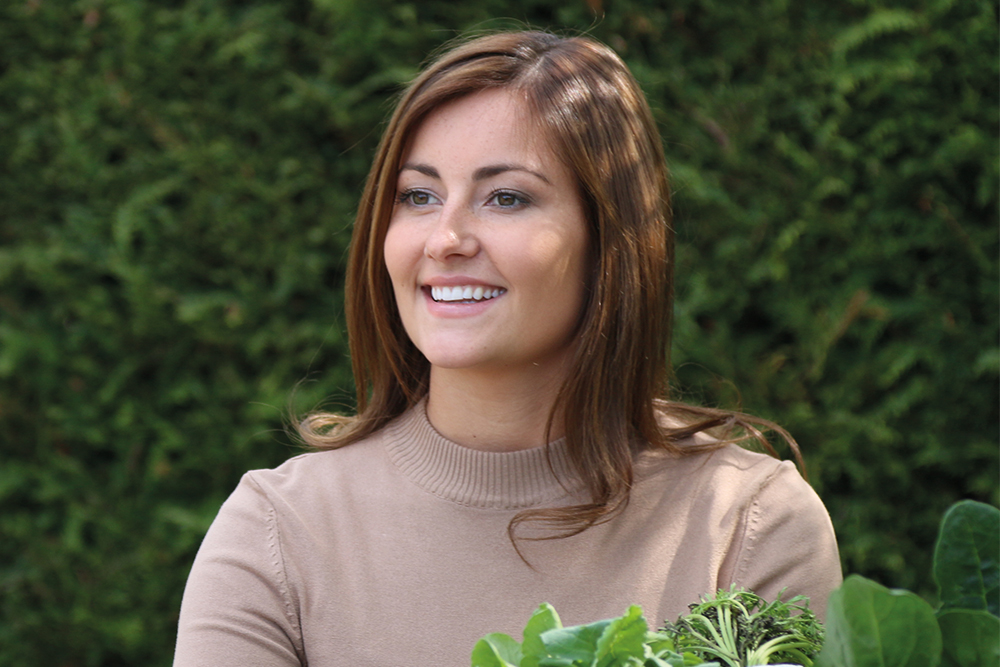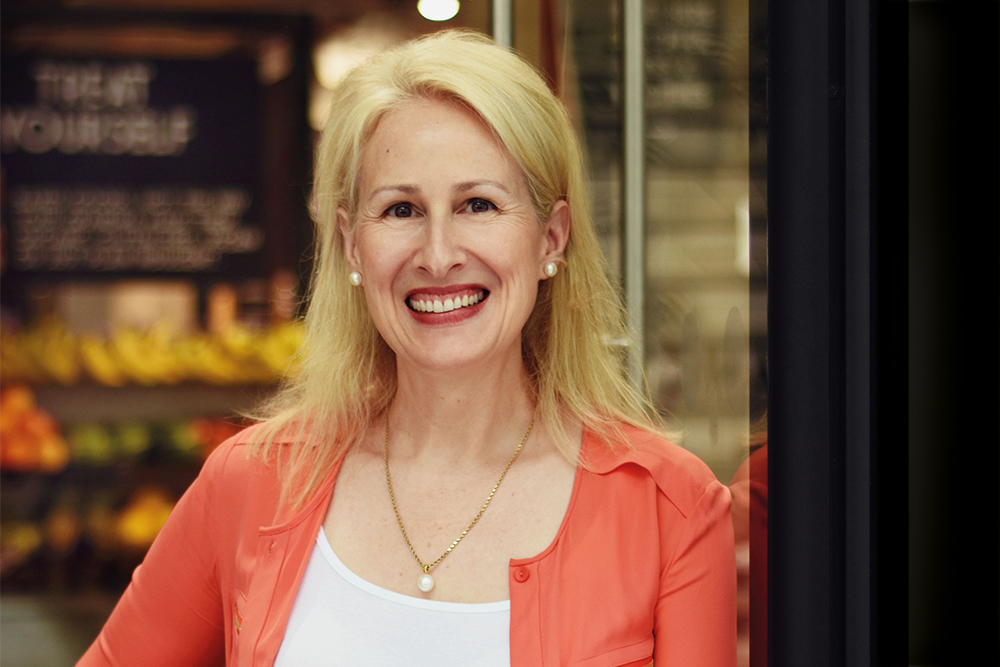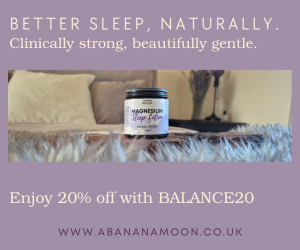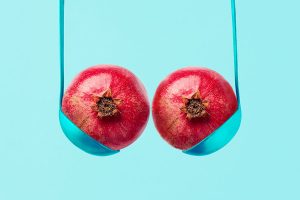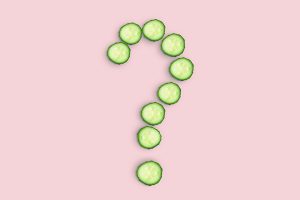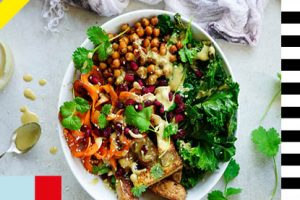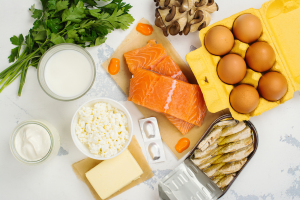3 ethical entrepreneurs to inspire your business plan
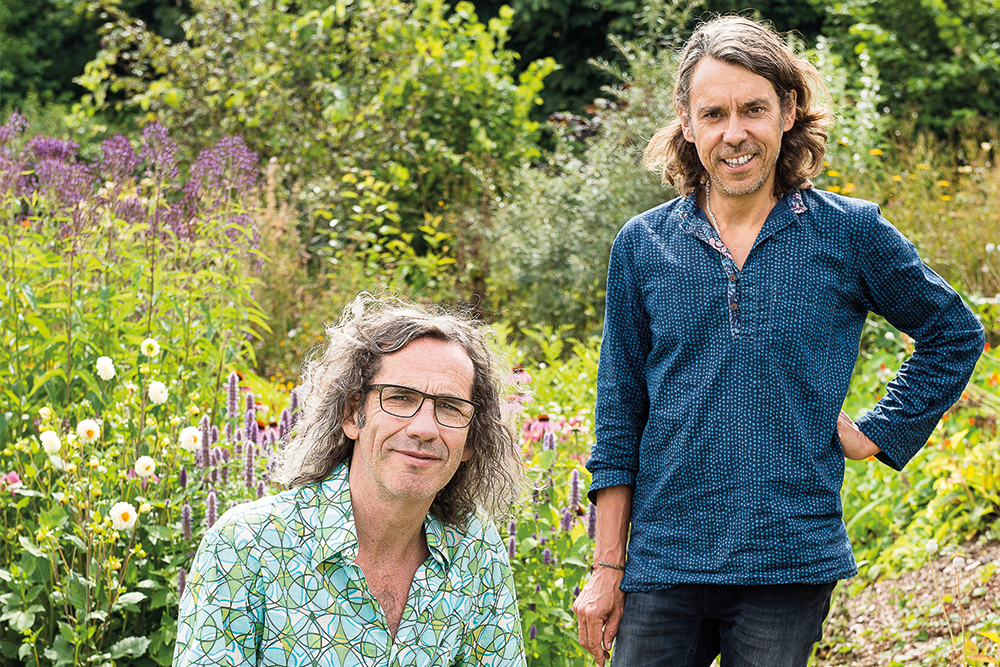
Pukka Herbs
Tim Westwell, 55, and Sebastian Pole, 46, use plant power to offer a natural cup of tea, as well as supplements.
In 2001, Tim (pictured top far left) quit his job in computer software sales and marketing, unsure why he was so unhappy when he was in such a successful space.
‘After quitting, I didn’t go travelling, but instead went for walks and read books, such as Working From The Heart, which helped me to explore my real purpose,’ he says.
‘I had always held an interest in nature, organics, nutrition and psychology – a herbalist had helped me to overcome a serious back condition when I was 26 years old. One day, I put an advert in a local Bristol newspaper, asking anyone who wanted to grow a business in a sustainable way to get in touch. I got a grand total of one response – from Sebastian. We met at his house, where there was a plethora of herbs and spices. He had started making herbal teas and needed some help.’
AN AUTHENTIC NAME
Tim and Sebastian didn’t know much about products or brands, but decided ‘where there’s a will, there’s a way’ – and from that will, came the way. ‘In my apartment block in Bristol there was a guy who told us all about branding,’ says Tim. ‘We came up with the Hindu name “Pukka”, which means real and genuine.’
After a few months of discussions, Tim and Sebastian shook hands in a pub in Glastonbury, withdrew £2,500 each from their savings and set up a Pukka Herbs bank account. They started off making three teas, designed them, and went to
a natural health food show in Brighton.
‘The teas were received really well by shop owners and we won an award for “Best Organic Product”, which set everything into motion,’ says Tim.
‘The idea was always to help create a more conscious world by connecting people to the power of plants. We live in a concrete jungle and want to bring nature into people’s lives through a cup of tea.
‘The purpose came first, and that’s always been the way we’ve looked at it. Profit is important, because it feeds a purpose.
‘If there’s one thing I’d say to aspiring entrepreneurs, it’s don’t be motivated by your fears, but by your opportunities.’
FAIR PLAY
Tim and Sebastian made a commitment right from the start to be true to their purpose and create an organisation which gives something back to everyone it touches.
‘Our business model was built around doing things the right way, which is why schemes such as FairWild are so important to us,’ explains Sebastian. ‘FairWild guarantees the plants we use have been harvested in a sustainable way and that the collectors have been paid fairly for their work.
‘We’ve helped to pioneer FairWild and now we’re working with growers in India, Kazakhstan, Bosnia, Hungary and Spain. By the end of 2017 all our teas will be certified as “fair” through another scheme – Fair For Life. We’re so proud of this as it’s the most equitable fair trade system in the world.’
ORGANIC
Each year, Pukka also gives 1% of its turnover to environmental charities, audited through a scheme called 1% For The Planet. ‘If every company in the FTSE 100 did the same,’ says Sebastian, ‘it would generate £10 billion!’
The principles of organic farming are extremely important to the pair. ‘That’s why we chose to make organic teas and supplements from the outset,’ says Sebastian. ‘Organic farming defines “health” for me. It is a way of farming the natural world for the benefit of all: it’s better for the environment, for wildlife and for us. If anything is sustainable, organic farming is. Because cotton is such a polluting crop, even the string on our teabags is organic.’
Lucy Bee Fair Trade Extra Virgin Organic Raw Coconut Oil
Lucy Buckingham is keen to give something back to those who’ve supported her.
‘When I was 18 months old I was diagnosed as coeliac. It explained why I was constantly crying as a baby. Back then, there were limited gluten-free foods on the market.
‘My parents had to find a way to feed me, but luckily they were great cooks. It wasn’t long before most of my friends wanted the homemade gluten-free pizza I was eating, rather than the shop-bought ones they were given!’
Then in 2007, Lucy’s family were introduced to coconut oil through a friend in Hong Kong, who gave them a jar together with a copy of The Coconut Oil Miracle by nutritionist and naturopath, Dr Bruce Fife, a man who swears by its health benefits.
HELPING OTHERS
‘We became obsessed by the stuff, cooking everything with it and using it topically on our skin, and so we decided to develop our own range.
‘The desire was always to work directly with producers and the Fair Sustainability Alliance, which asks locals what changes they would like to see implemented.’
Although they pay 10% more for their coconuts, the benefits are worth it. ‘We have helped so many people along the way, including a number of communities in the Philippines, which now have wells in their villages and access to free drinking water. Plus our Fair Trade Certification ensures that monkeys are never involved in the collection of our coconuts.’
Lucy Bee is essentially a family-run business with just 11 people in the office. ‘Recently we’ve extended the product range – our maca and lucuma from Peru are fair trade, as are our turmeric and cinnamon from India.’
THE PERSONAL TOUCH
As the ‘face’ of the brand, Lucy takes pride in engaging with customers and cites social media as the reason for Lucy Bee’s success.
‘The personal touch makes a big difference – people want to feel connected to a brand. If you’re looking to launch a product range, I would say even if you can’t be fair trade, there are still ways to support local communities.
‘If you benefit from the beautiful products of a place, it’s only right you give something back.’
Planet Organic
RenÉe Elliott, 51, opened the organic supermarkets as she believed people deserved better.
‘When I went to university in America I had no idea what I wanted to do. I studied English but
also did a minor in health and as part of the course, we read Diet For A Small Planet by Frances Moore Lappé, which is about the meat industry in America. Up until that point I was a very trusting, innocent kid and, you know, when you buy the packet of meat in the supermarket and your mum cooks it up it tastes good, looks good – you have no idea what’s going on behind the scenes. When I read about conventional cattle farming – I was horrified.’
Renée began questioning about why we eat food that’s been sprayed with chemicals, and why we grow food that way in the first place.
‘I moved to England after uni and ended up working as a professional wine taster, which was great fun. Then, towards the end of my 20s, I got married and my husband, Brian, and I went back to America and did a six-month personal growth course, which was really fantastic.
‘While we were in America, I went shopping at a health food store that was huge – it had a café, treatment rooms upstairs with things I’d never heard of, such as reiki. What I really liked about this business was that it catered to people looking for a different way.
‘I also went to see a shop called Bread and Circus in Boston (later acquired by Whole Foods), which was an organic supermarket. It was beautiful, like Planet today. It was warm and friendly – health food offered in a setting that respected and reflected its quality. I told my husband: “I’m going to open a chain of organic supermarkets”.’
A CHANGE IN FORTUNE
After returning to London, Renée got a job in a health food store but soon realised that she hated being told what to do, which confirmed that she should start her own company.
One year later, on 4 November 1995, the first Planet Organic store opened in Westbourne Grove.
‘The early days were awful. I thought we were going down. And then, February 1996, it was the first big BSE scare. I was a vegetarian, but we had a full service meat counter with four butchers, full Soil Association organic meat, and a wet fish counter with sustainable fish. Just because I didn’t eat meat, I didn’t think other people shouldn’t eat meat, we were just offering a better alternative to what was out there and supporting organic agriculture.
‘Suddenly our meat counter took off, on the back of the BSE scare. That year we made £1.2million.’
After BSE, other food scares followed and people started to wake up a bit. ‘But fear is short-lived, and if it leads to learning, then people can make permanent positive changes.’
What hasn’t changed is Planet Organic’s original mission to sell only the best. ‘You can buy rubbish in many shops in England. We don’t need to sell it too.’



